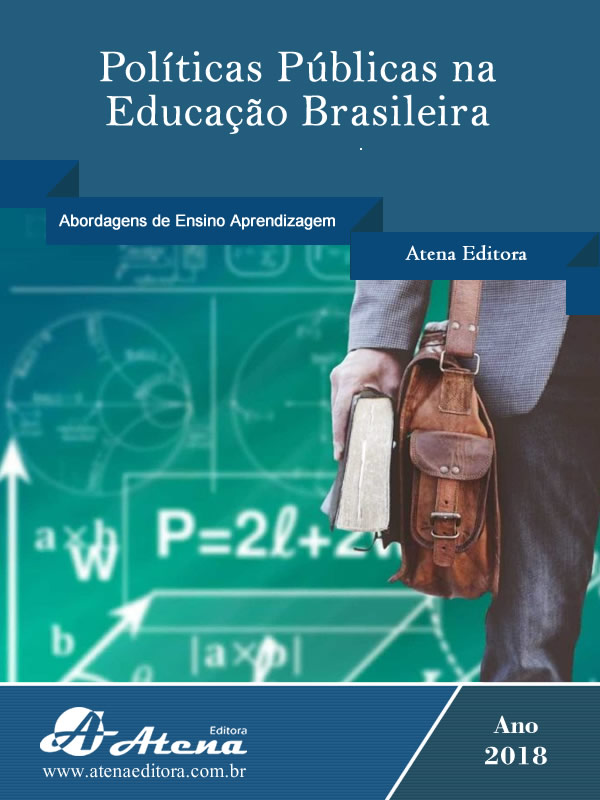
AVALIAÇÃO EDUCACIONAL: MODOS DE DIAGNOSTICAR E EMANCIPAR NO PROCESSO DE ENSINO-APRENDIZAGEM
A proposta de avaliação educacional, por alguns pesquisadores, tem se
constituído a partir de uma prática crítico-reflexiva, como atividade que busca
diariamente compreender o avanço, o crescimento e a especificidade de cada
educando no âmbito do processo de ensino-aprendizagem. Em decorrência disso, o
ato de avaliar de modo somativo, classificatório, atribuindo um valor sistemático na
produção do conhecimento do sujeito, tem sido substituído por uma concepção
diagnóstica e formativa, por uma dimensão dialógica e humanística que oportuniza
a construção do conhecimento, que viabiliza a inclusão do sujeito discente no ato de
avaliar. A avaliação educacional reflete, nesse processo, a competência reflexiva que
possibilita ao docente ressignificar suas técnicas e inserir o discente de modo
significativo na produção do conhecimento, na aquisição dos saberes sistemáticos,
na constituição de um ensino emancipatório. Nessa acepção, ob5jetivamos nesse
estudo explorar a dimensão diagnóstica e formativa do processo de avaliar,
explorando criticamente a avaliação somativa como atividade classificatória, técnica
e excludente e a avaliação diagnóstica e formativa como instrumentos de inclusão,
reflexão e transformação. Para a materialização desse estudo usaremos como
metodologia pesquisa bibliográfica, assim, exploraremos estudos de autores que
compreendem a avaliação como processo contínuo, inclusivo e reflexivo. As práticas
avaliativas devem então ser redimensionadas, ressignificadas de modo que
oportunizem a inclusão do aluno na constituição desse processo, evidenciando em
cada sujeito a competência para potencializar o ato de avaliar e torná-la uma
ferramenta indispensável na produção do conhecimento significativo, incluindo
efetivamente o educando no processo de ensino-aprendizagem.
AVALIAÇÃO EDUCACIONAL: MODOS DE DIAGNOSTICAR E EMANCIPAR NO PROCESSO DE ENSINO-APRENDIZAGEM
-
DOI: Atena
-
Palavras-chave: Avaliação. Inclusão. Mediação.
-
Keywords: Evaluation. Inclusion. Mediation.
-
Abstract:
The proposal of educational evaluation, by some researchers, has been
constituted from a critical-reflexive practice, as an activity that seeks daily to
understand the progress, growth and specificity of each student in the scope of the
teaching-learning process. As a result, the act of evaluating in a summative,
classificatory way, attributing a systematic value in the production of the subject's
knowledge, has been replaced by a diagnostic and formative conception, by a
dialogical and humanistic dimension that facilitates the construction of knowledge,
which enables the inclusion of the student subject in the act of evaluating. The
educational evaluation reflects, in this process, the reflexive competence that allows
the teacher to re-signify his techniques and to insert the student in a significant way
in the production of knowledge, in the acquisition of systematic knowledge, in the
constitution of an emancipatory teaching. In this sense, the purpose of this study was
to explore the diagnostic and formative dimension of the evaluation process, critically
exploring the summative evaluation as a classificatory, technical and exclusionary
activity and the diagnostic and formative evaluation as inclusion, reflection and
73 Políticas Públicas na Educação Brasileira: Abordagens de Ensino Aprendizagem
transformation instruments. For the materialization of this study we will use as
bibliographic research methodology, thus, we will explore studies of authors who
understand evaluation as a continuous, inclusive and reflective process. The
evaluative practices should then be re-dimensioned, re-signified in a way that allows
the inclusion of the student in the constitution of this process, showing in each
subject the competence to enhance the act of evaluating and making it an
indispensable tool in the production of meaningful knowledge, including effectively
the educating in the teaching-learning process.
-
Número de páginas: 15
- Willyan Ramon de Souza Pacheco


